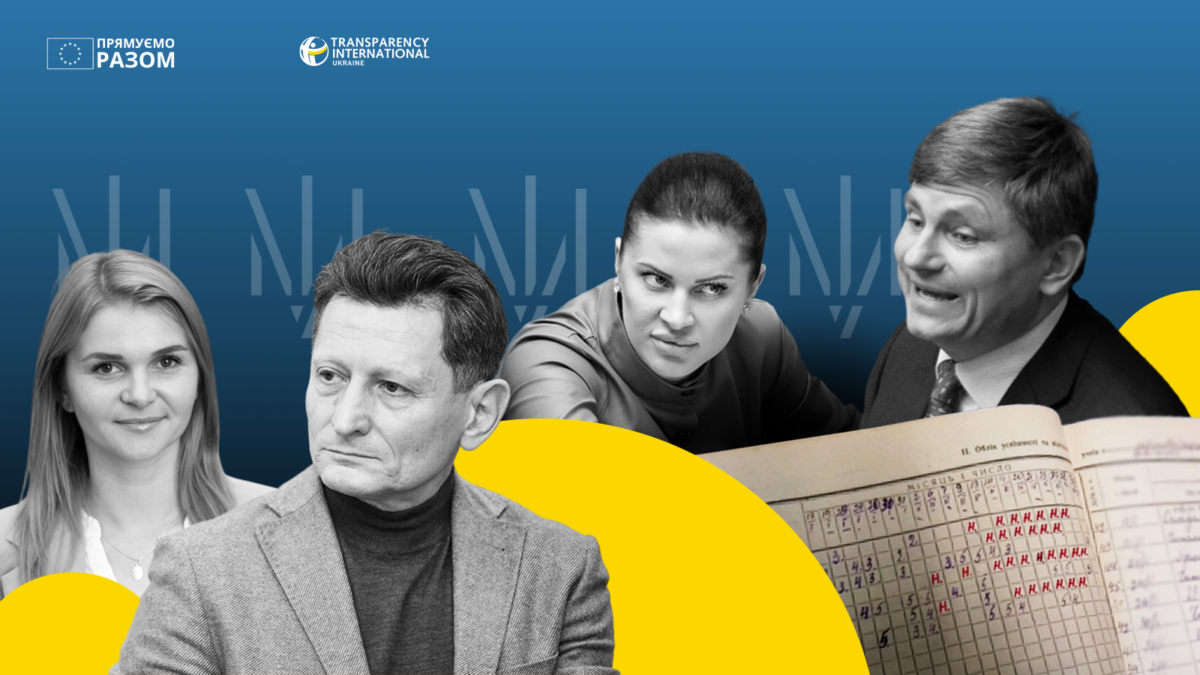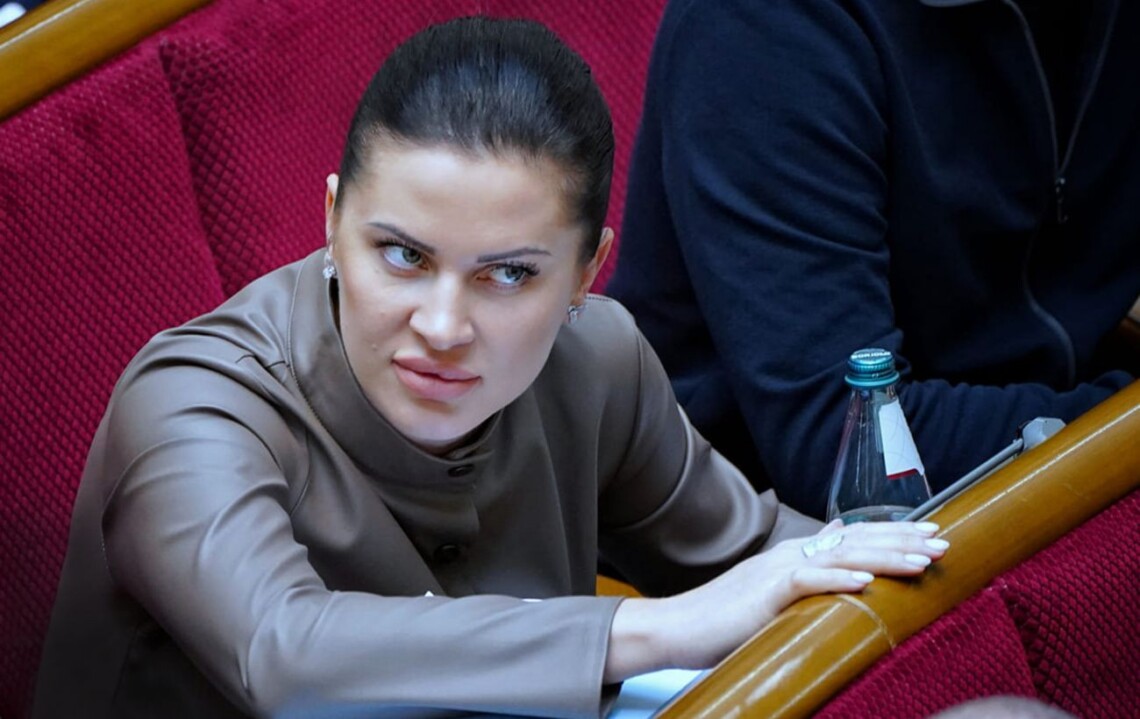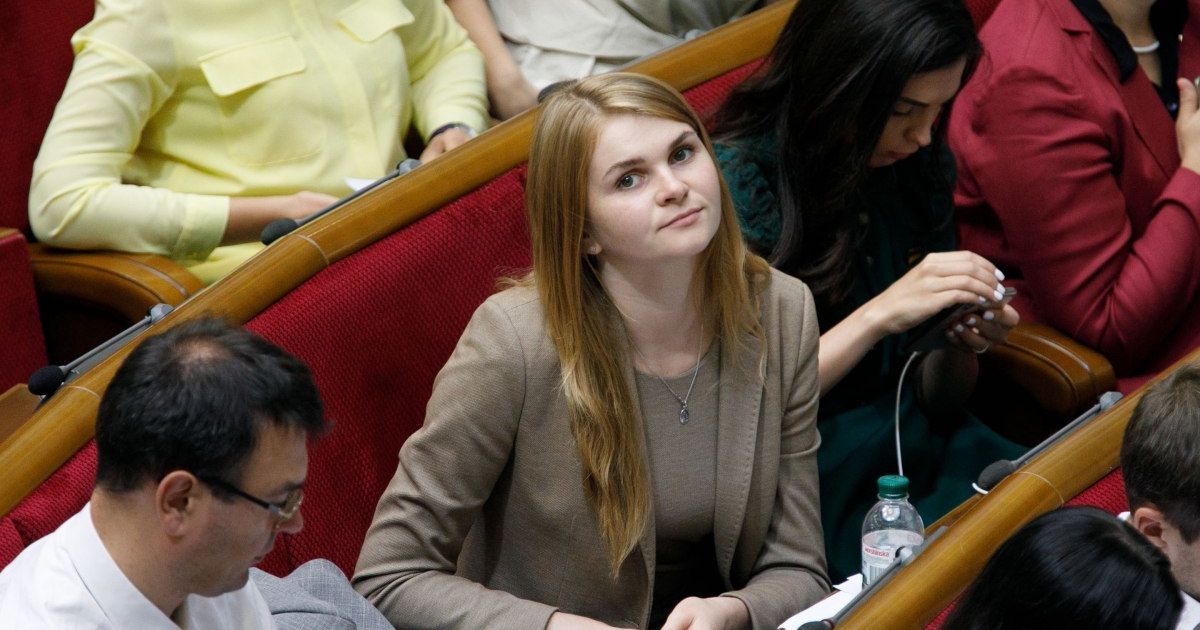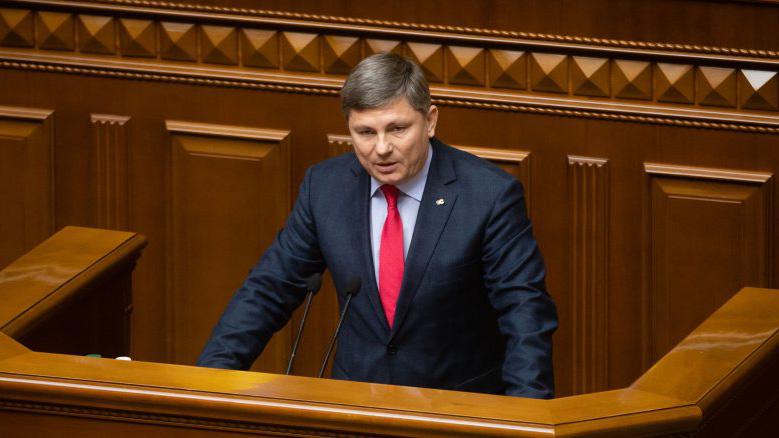

Recently, there has been an unpleasant trend in the HACC: the majority of the accused do not come to court. MPs, accused of declaring false information, are absent especially often.
Let’s try to figure out whether it is possible to bring absentees to justice, and how the HACC is dealing with this problem.
In which cases is the defendant allowed not to appear at the hearing?
Article 138 of the Criminal Procedural Code provides an exhaustive list of valid reasons not to attend a court hearing.
The most common of these are:
- force majeure circumstances — epidemics, military events, natural disasters, or other similar causes;
- severe illness or hospital stay;
- death of close relatives, family members, or other close persons or a serious threat to their lives;
- other circumstances that objectively make it impossible for a person to attend.
The validity of the reasons for non-appearance is assessed by the court itself. If the court decides that the person missed the hearing without good reason, it can either enforce compelled appearance (Art. 140 of the CPC of Ukraine) or impose a monetary penalty (Art. 139 of the CPC of Ukraine). By the way, such penalties were applied to MPs who did not appear at the hearing and did not provide a good reason.
If the court decides that the person missed the hearing without good reason, it can either enforce compelled appearance or impose a monetary penalty.
Which MPs skipped HACC hearings?
Let us recall some of the recent cases.
Thus, the morning of February 13, 2023, began with the absence of Marharyta Shol, MP from the Servant of the People party. She is accused of failing to include a rented apartment in Pechersk worth USD 4 mln in the declaration. The defense claimed that Marharyta Shol had either been admitted to hospital or had simply fallen ill and was therefore unable to attend the hearing. However, the defense could not provide any documents to confirm such arguments — the lawyers did not know either the diagnosis or the hospital to which their client had been admitted.
Marharyta Shol, “Servant of the People”
The prosecutor petitioned for imposing a fine on the accused and her compelled appearance in the court. Instead, the court decided to allow the defense a day to submit documents confirming Shol’s serious reason for failing to appear at the hearing. However, at the next hearing, the lawyer provided only a photo of the medical report, which did not indicate Marharyta Shol’s diagnosis or whether she was in inpatient treatment. The panel of judges decided that this was not a proper confirmation of the serious reason for failing to appear at the hearing, and therefore adopted a “strict” decision to recover a fine of UAH 2,684 from the accused Shol.
The punishment didn’t work. On February 22, MP Shol failed to appear at the hearing once again. She called the secretary and warned that she would not be able to attend because she was still ill. Her lawyer, for his part, said that he would come to the court hearing after the end of the air raid alert. However, after the air raid alert was over, he stopped answering the calls and did not appear in court that day.
On February 14, a colleague of Marharyta Shol, MP from the Servant of the People party, Anna Kolisnyk, did not appear at the hearing. She was accused of non-declaration of two apartments in Kyiv with a total value of more than UAH 3.5 mln and a Cadillac car. The total amount of undeclared property reached UAH 4.4 mln. The defense argued that the mother of the defendant had a hypertensive crisis, and therefore she was forced to urgently go to Lebedyn, Sumy Oblast. The accused could not take part in the hearing by videoconference due to the alleged blackout in Lebedyn.
Anna Kolisnyk, “Servant of the People.” Photo: UNIAN
However, at the hearing, the prosecutor stressed that, according to Ukrenergo, as of February 14, there was no electricity shortage in this city. The panel of judges agreed with his arguments and imposed a fine of UAH 1,432 on Kolisnyk.
Two days after Anna Kolisnyk, namely on February 16, MP from Batkivshchyna Party Mykhailo Volynets did not appear at the hearing. He is accused of non-declaration of an SUV worth UAH 1.79 mln. In January, the MP missed two hearings due to an urgent trip to the Swiss Confederation.
Mykhailo Volynets, “Batkivshchyna.” Photo: UNIAN
And then he missed another hearing because he got ill on the way from Switzerland to Ukraine. On February 18, Volynets did not come to the court again — also allegedly due to illness.
On February 17, the accused MP from the European Solidarity party, Artur Herasymov, who is accused of non-declaring a villa in Spain worth EUR 190,000, did not attend the court hearing.
Artur Herasymov, “European Solidarity.” Photo: eurosolidarity.org
Herasymov’s lawyer claimed that her client could not appear at the meeting because of a business trip to Germany on the orders of Ruslan Stefanchuk, the Chairman of the Verkhovna Rada.
This is not the first time that business trips of MPs interfered with the trial. In early February, Oleksandr Klymenko, the head of the Specialized Anti-Corruption Prosecutor’s Office, sent a letter to the Verkhovna Rada, where he described this problem.
January alone, due to official business trips, the following MPs missed HACC hearings:
- Oleksandr Trukhin (Servant of the People party) did not appear at the hearing on January 30 due to a business trip to Lithuania;
- Yurii Kamelchuk (Servant of the People party) did not appear at the hearing on January 16 due to a business trip to Switzerland;
- Serhii Shakhov (Dovira (Trust) faction) failed to appear at the hearing on January 31 due to a business trip to Estonia.
In January alone, due to official business trips, Oleksandr Trukhin (Servant of the People party), Yurii Kamelchuk (Servant of the People party), Serhii Shakhov (Dovira faction) failed to attend HACC hearings.
What’s the problem with non-appearance?
As we can see, the failure of the accused to appear in court is a massive problem and makes it impossible to consider cases within a reasonable time. Such non-appearance at hearings, presumably, is intended to delay the consideration of the case, so that the accused MPs could avoid punishment due to the expiration of the statute of limitations. And it already worked.
For example, the declaration of false information, which is incriminated to the mentioned MPs, is a criminal offense. The period of prosecution for it is 2 years. Thus, if the MP entered false information in the declaration for 2020, like Arthur Herasymov and Mykhailo Volynets, then the crime was committed no later than March 31, 2021 (the last day of submission of the annual declaration). In this case, the term of prosecution expired on March 31, 2023, and we have not yet seen sentences in these cases.
Such non-appearance at hearings, presumably, is intended to delay the consideration of the case, so that the accused MPs could avoid punishment due to the expiration of the statute of limitations.
How to deal with the non-appearance of the accused in court?
Unfortunately, this problem is not new, and therefore the HACC has already managed to form the relevant judicial practice.
Thus, in the case on charges of officials of the Odesa City Council, the court applied compelled appearance of the accused person at the preparatory hearing. Let us remind you that in that proceeding, officials of the Odesa City Council are accused of seizing more than UAH 145.85 mln when buying the property complex “Zastava-2” for a cemetery, which had belonged to the community of Odesa.
On July 4, one of the accused failed to appear in court, allegedly due to a sharp deterioration in the health of his lawyer, with whom he planned to participate in an online meeting.
The court assessed the arguments of the defense with a critical eye. And not without reason because there are specific precepts regarding the obligations:
- the accused person must arrive at the court hearing, regardless of whether the lawyer can participate in the hearing. For example, if the defense attorney has gotten ill, the defendant still must come to court;
- the defendant did not say why he could not attend the hearing via video conference. And this is strange because he has a registered email, that is, he uses a phone and a computer;
- the accused did not appeal to the court to ensure his participation in the court hearing by videoconference, although he had such an opportunity.
Therefore, the court quite logically recognized the reason for the failure of the accused to appear at the hearing as non-justified. It decided on his compelled appearance in the court hearing and to fine him UAH 5,200.
In the case of laundering of property obtained by criminal means, the Anti-Corruption Court, on its own initiative, imposed a monetary penalty on the accused for failure to appear at the court hearing without a valid reason. After all, the accused failed to appear in court 7(!) times. The defendant did not even report the reasons for his failure to appear at another hearing on July 20, 2022.
The HACC can influence the failure of the accused to appear in court through bringing them to justice. At the same time, the court rarely “punishes” for the first failure to appear, which is a completely balanced step. However, the size of the fines imposed by the court is meager, so this method is less effective than compelled appearance. For example, the accused MP Shol continued to “skip” the hearing after the imposition of a fine.
It is unfortunate that this trend is widespread among MPs. They should demonstrate impeccable behavior and strict compliance with their own laws. Instead, we see the opposite. MPs sabotage meetings, being on business trips abroad, where they follow other people’s laws, but at the same time neglect their own.
The problem also lies in the fact that the court cannot act more strictly because there is no necessary legislative framework. Whether MPs who do not go to the meeting themselves will initiate amendments to the code to toughen punishment for failure to appear in court, is a rhetorical question.
The court rarely “punishes” for the first failure to appear, which is a balanced step. However, the size of the fines imposed by the court is meager, so this method is less effective than compelled appearance.
This publication was prepared with the financial support of the European Union. Its content is the sole responsibility of Transparency International Ukraine and does not necessarily reflect the views of the European Union.










